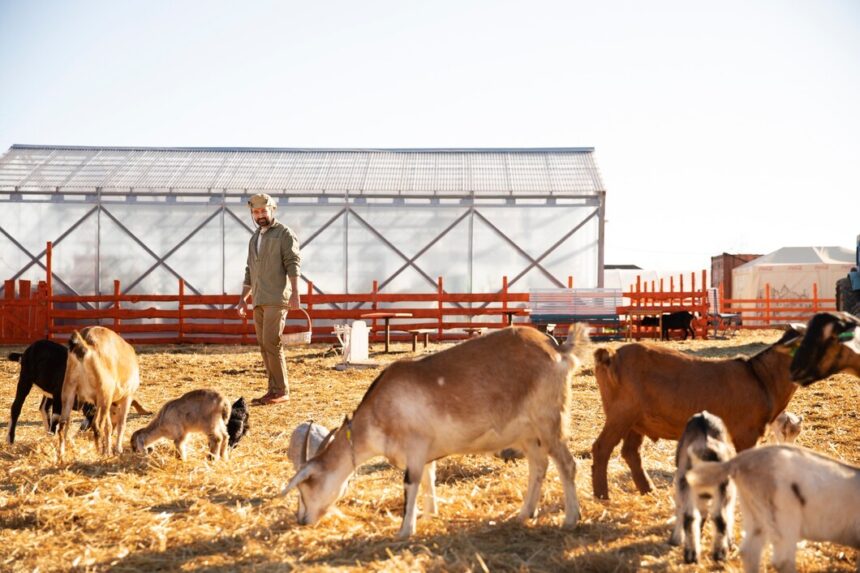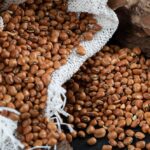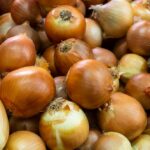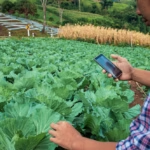Biosecurity is crucial for South African farms to protect livestock, crops, and workers from diseases, pests, and other biological threats. Implementing effective biosecurity measures not only safeguards farm productivity but also supports the overall agricultural sector’s sustainability. Here are ten key strategies that farmers in South Africa can adopt to enhance biosecurity:
- Develop a Biosecurity Plan: Start by creating a comprehensive biosecurity plan tailored to the specific risks and needs of your farm. This plan should outline protocols for disease prevention, quarantine procedures, visitor management, and emergency response.
- Control Farm Access: Limit and control access to your farm premises to authorized personnel only. Implement secure gates, fencing, and signage to prevent unauthorized entry. Visitors and vehicles should follow designated entry points and undergo biosecurity checks if necessary.
- Quarantine and Testing: Establish a quarantine area for new animals or plants entering the farm. Quarantine periods allow for observation and testing to detect any potential diseases or pests before integrating them into the main farm population.
- Hygiene Practices: Maintain strict hygiene practices among farm workers, including regular handwashing, wearing clean clothing and footwear, and using disinfectants at designated entry points. This reduces the risk of introducing contaminants to farm areas.
- Sanitation Protocols: Regularly clean and disinfect farm equipment, tools, and vehicles to prevent the spread of pathogens. Pay particular attention to shared equipment and high-traffic areas. Use approved disinfectants effective against target pathogens.
- Pest Control: Implement integrated pest management (IPM) strategies to control pests and prevent infestations. This may include biological control methods, cultural practices, and judicious use of pesticides following guidelines to minimize environmental impact.
- Biosecure Facilities: Design and maintain facilities that support biosecurity, such as separate housing for sick animals, well-ventilated poultry houses, and pest-proof storage for feed and supplies. Ensure that facilities are regularly inspected and maintained.
- Biosecurity Education: Train farm workers and visitors on biosecurity protocols and the importance of compliance. Provide resources such as posters and guidelines to reinforce biosecurity practices and encourage a culture of awareness and responsibility.
- Surveillance and Monitoring: Implement a surveillance program to monitor animal and plant health regularly. This includes observing livestock behavior, conducting routine health checks, and collaborating with veterinarians or agronomists for disease monitoring and early detection.
- Record-Keeping and Traceability: Maintain accurate records of farm activities, including animal movements, treatments, and health status. Establish traceability systems to quickly identify and trace the origin of any disease outbreaks or biosecurity breaches.
By integrating these biosecurity measures into daily farm operations, South African farmers can minimize the risk of disease outbreaks, pest infestations, and other biological threats. Proactive biosecurity not only protects farm productivity and profitability but also contributes to sustainable agriculture practices and safeguarding public health. Collaboration with agricultural authorities, veterinary services, and industry organizations can provide valuable support and resources to help farmers implement effective biosecurity strategies tailored to their specific farm contexts. Ensuring biosecurity readiness is essential for maintaining resilience and ensuring the long-term viability of South Africa’s agricultural sector.







